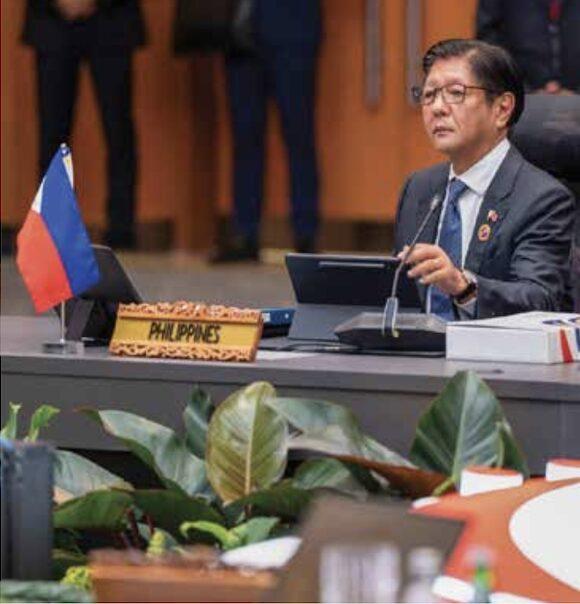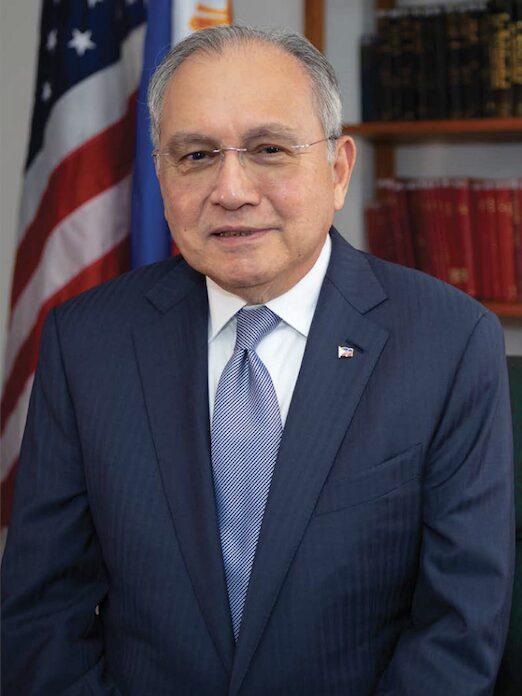Two members of the Senate minority have expressed opposition against the possible abolition of the Office of the Vice President (OVP) under the proposed shift to a federal form of government.
This was after a former lawmaker warned that Philippine Vice President Leni Robredo might be ousted before her term expires in 2022 as the current Charter change (Cha-cha) proposal of the ruling Partido Demokratiko Pilipino-Lakas ng Bayan (PDP-Laban) cites the abolition of the OVP.
Senate Minority Leader Franklin Drilon, however, said that he will not support any attempts to dissolve the OVP.
“That is their proposal. I don’t agree with that. We do not agree with that. The vice president is an important part of our system of governance and the constitutional succession to the president,” Drilon said in a media interview.
Earlier on Sunday, January 14, Bayan Muna Chair and former Congressman Neri Colmenares said the OVP “no longer exists” in PDP-Laban party’s proposed constitution.
“Under the PDP-Laban Constitution, the Office of the Vice President will be abolished by 2019 if they succeed in having the new constitution ratified during the 2019 elections,” Colmenares said in a statement.
“Vice President Leni Robredo will be ousted from her office long before her term ends in 2022,” he added.
But even if Robredo is allowed to stay until 2022, Colmenares claimed “she will be a lame-duck vice president who is not even listed in the line of succession to President [Rodrigo] Duterte.”
According to him, the Section 7, Article VII of the PDP-Laban’s proposed constitution states that instead of the vice president, the Senate president and the speaker of the House will succeed the president if needed.
“The vice president is not mentioned at all in the line of succession because, upon ratification of the new constitution, her office no longer exists,” he pointed out.
In a separate statement, Senator Paolo Benigno “Bam” Aquino stressed that the vice president’s role is necessary in the check and balance system of the Philippine democracy.
“The right of Filipinos to elect a vice president, even from an opposing party, is a protection against dictatorship,” Aquino said.
Robredo’s camp, meanwhile, questioned if the planned abolition of the OVP is meant to push a supposed hidden agenda.
Barry Gutierrez, Robredo’s legal adviser, noted that the only time the Philippines did not have a vice president was during the regime of the late dictator Ferdinand Marcos.
“The Office of the Vice President has been a feature of our republic for over 80 years, ever since it was created under the 1935 Constitution. The only time since then that we have had no VP was during the dictatorship of Ferdinand Marcos,” Gutierrez said.
He continued, “That said, the current proposals to revise the Constitution are supposedly anchored on a drive to promote and institute a federal system of government. The question therefore is, how does abolishing the OVP relate to the establishment of Federalism? Or is the abolition already in service of some other, unstated, agenda?”






